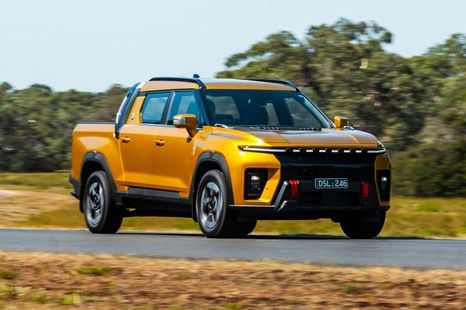

Ben Zachariah
2026 KGM Musso EV review
60 Minutes Ago
Australians are buying more EVs and hybrids than ever before, but tight supply holds them back. Today's announcement hopes to change this.

Senior Contributor
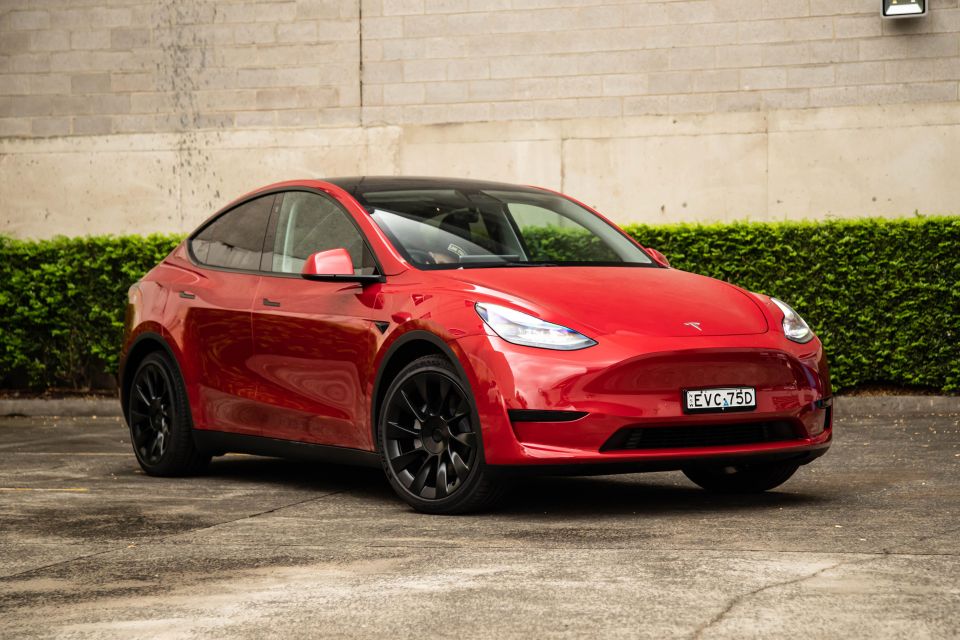

Senior Contributor
As expected, the federal government said today it would legislate a fuel efficiency standard designed to improve the supply of hybrid and electric vehicles for Australian buyers.
It now plans to spend the next few weeks designing the standards with stakeholders and plans to introduce a final plan to parliament by the end of 2023.
From there, assuming the bill passes both houses, the onus will be on Australia’s car brands to deliver more low-emissions cars to Australian private buyers and fleets – the latter sector in particular held back by restricted supply that undermines recent fringe-benefits tax cuts.
Australia is one of very few countries of similar economic standing without fuel efficiency standards, which punish car manufacturers should their new vehicle average CO2 emissions exceed an agreed, imposed limit.
The idea is to push multinational carmakers to divert greater factory supply of their CO2-reducing electrified vehicles to Australia in order to avoid these penalties, which usually come in the form of fines.
Over time, as the fuel efficiency standard is tightened (meaning the maximum amount of CO2 that can be emitted is reduced), carmakers must sell higher numbers of lower and zero-emissions vehicles to avoid ratcheted penalties.
Australia and Russia are among the only developed countries that don’t have fuel efficiency standards of some variety.
This situation is commonly chalked up as one key reason why car brand executives based here – Tesla and BYD excluded – keep failing to secure sufficient stock of their EVs and hybrids to meet burgeoning demand from buyers keen to slash their fuel bills and CO2 footprint.
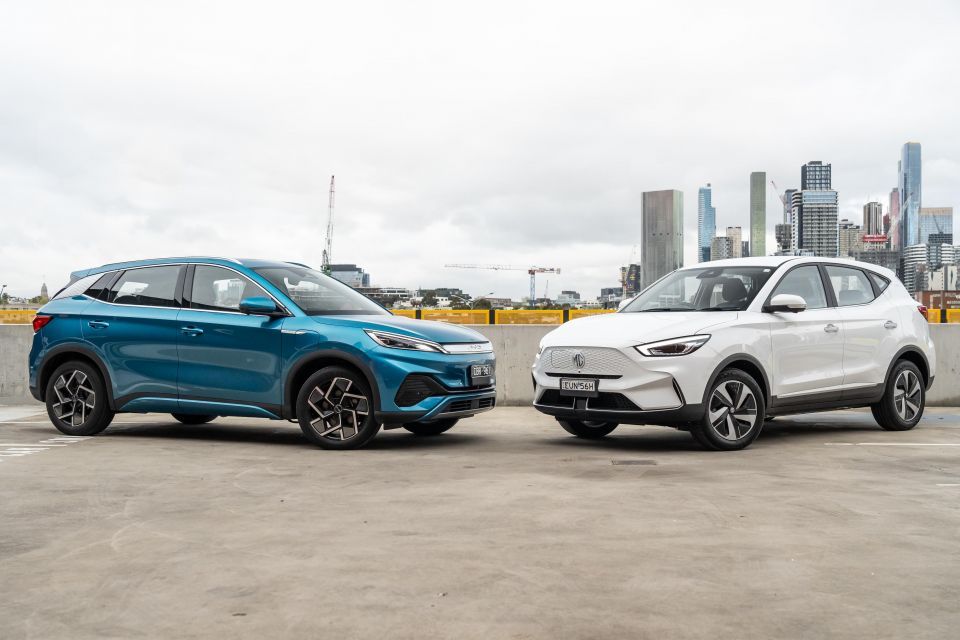
Such a supply-side situation has an upward pressure on EV prices and slows their proliferation, or as the government itself put it in today’s statement:
“The absence of a standard has meant Australians households and businesses are missing out on greater choice of car models and paying more in fuel costs to run their cars because manufacturers prioritise sending more efficient vehicles to countries with standards in place.”
As such, new cars in Australia are claimed to use on average 40 per cent more fuel than those in the European Union, 20 per cent more than the US, and 15 per cent more than New Zealand – though this doesn’t take into account some specific geographic and behavioural factors.
While EV sales are spiking, sitting at a record 6.5 per cent market share this year, they’re still proportionately far lower than most other developed markets – to a large degree on account of limited supply in the market that creates huge wait lists and puts off fleet buyers.
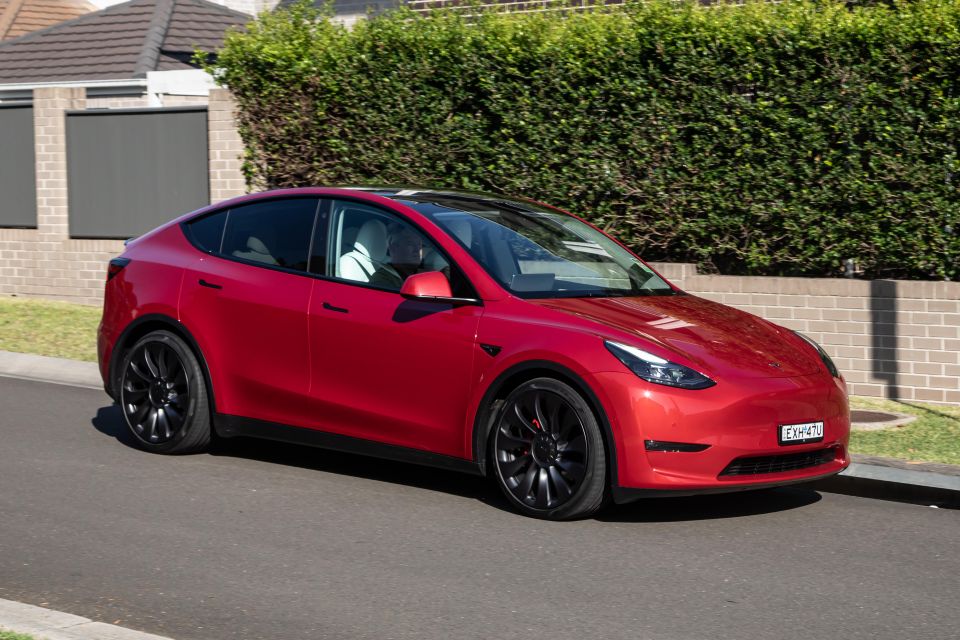
In what must be seen as an unusual situation – given it’s a form of regulation – Australia’s car brands and the body that represents them have been calling for a policy like this for quite some time now.
“If we don’t have that legislation in the market, then they’re [HQ in Wolfsburg] going to prioritise the markets that have got it, to avoid very significant fines. It changes the game completely, it really does,” said former Volkswagen Group Australia boss Paul Sansom when discussing the policy with us last year.
The next step in this drawn-out process, says the federal government, is to finalise all the details over the coming months while consulting with the car industry – even though today’s announcement comes after a widely-answered discussion paper already did the rounds.
MORE: National EV strategy paper nets more than 500 submissions
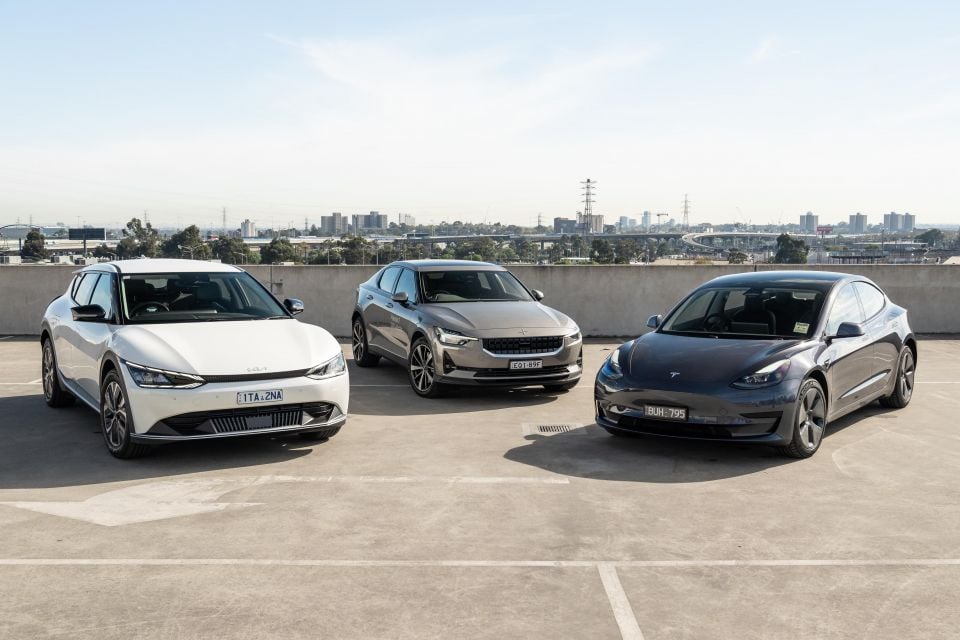
One thing we do know is that these fuel efficiency standards will only apply to new cars, and not retrospectively. So no need to fear the alleged demise of the weekend just yet…
Climate Change and Energy Minister Chris Bowen said today that Australian governments, carmakers, motoring clubs, climate groups, businesses and unions were all on board, which does indeed reflect what we’ve been hearing too.
“This strategy provides the coordination and leadership to drive down costs and improve infrastructure so that we get more affordable and accessible electric vehicles on the market,” Mr Bowen said.
“The government has already cut taxes on EVs through the Electric Car Discount, saving up to $11,000 a year on a $50,000 electric vehicle. Thanks to the Albanese Government’s leadership, two and half times more EVs are being sold this year than they were at this time last year.
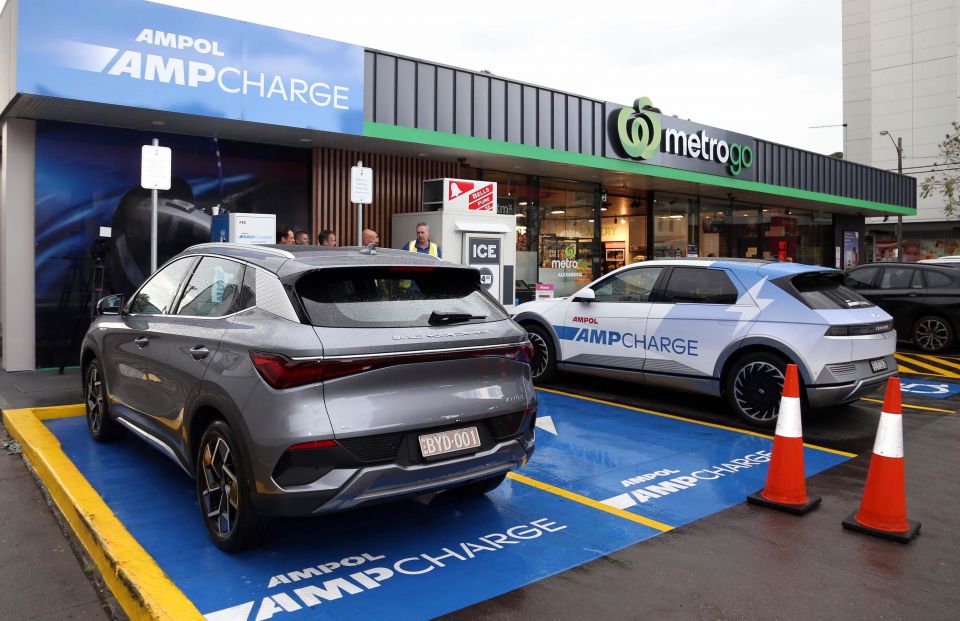
“Fuel-efficient and electric vehicles are cleaner and cheaper to run – today’s announcement is a win-win for motorists.”
Minister for Infrastructure, Transport, Regional Development and Local Government, Catherine King, added the strategy offers “an historic opportunity to develop fuel efficiency standards that learn from international best practice, while recognising the unique needs of Australians”.
“It will send a strong message to the global car industry that when it comes to transport technology, Australia will no longer settle for less,” Ms King added.
“More than 85 per cent of all cars sold in the world are subject to fuel efficiency standards. It’s time Australians were offered the same choice.”
Today’s strategy announcement also pledged to reduce barriers to EV uptake, “whether it be demand, supply or infrastructure, which is the critical planning that consumers have been crying out for”.
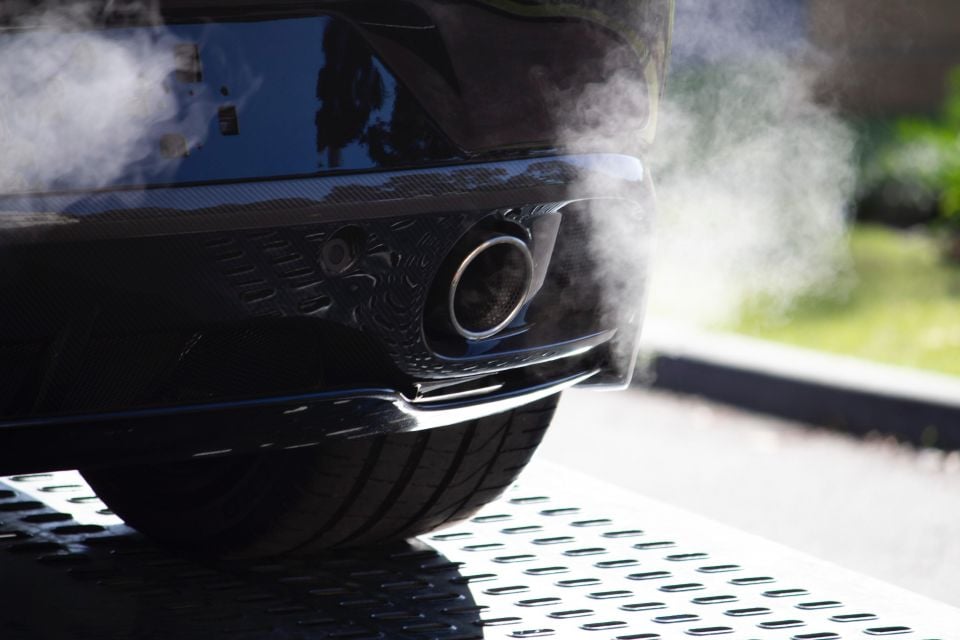
Transport is the third largest source of emissions in Australia. The ALP government claims this strategy will help cut our emissions by at least three million tonnes of carbon by 2030, and over 10 million tonnes to 2035.
What does the car industry think?
“Australia’s automotive industry has been calling for a Federally led standard for many years and introduced its own voluntary scheme in 2020 in an effort to initiate some action,” said the Federal Chamber of Automotive Industries (FCAI) chief executive Tony Weber said.
The FCAI is the peak lobby group for Australia’s car brands.
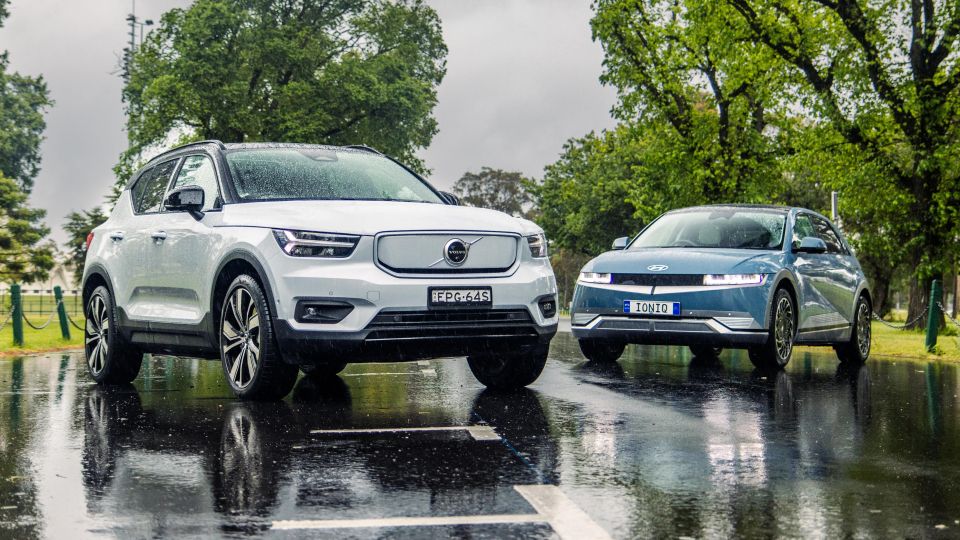
“The Federal Government’s announcement this morning acknowledges the proposed scheme will be suited to Australia, apply all available emissions reducing technologies and ensure that Australian families and businesses are not disadvantaged in terms of choice and price,” Mr Weber added.
“The questions and topics raised in the consultation paper highlight the complexity of the issue and demonstrates the Government has done its homework to ensure any future emissions standard is not a simplistic copy of an overseas standard but instead suited to Australia.
“The FCAI and its members will work alongside the Federal, State and Territory Governments to progress the development of a fuel efficiency standard that reduces carbon emissions and encourages access to the world’s best zero and low emissions vehicle technology.”
Transport Scientist Jake Whitehead from the Electric Vehicle Council – a body that’s a long-standing critic of what it sees as the FCAI’s tepid approach to CO2 cuts – broadly supported the strategy.
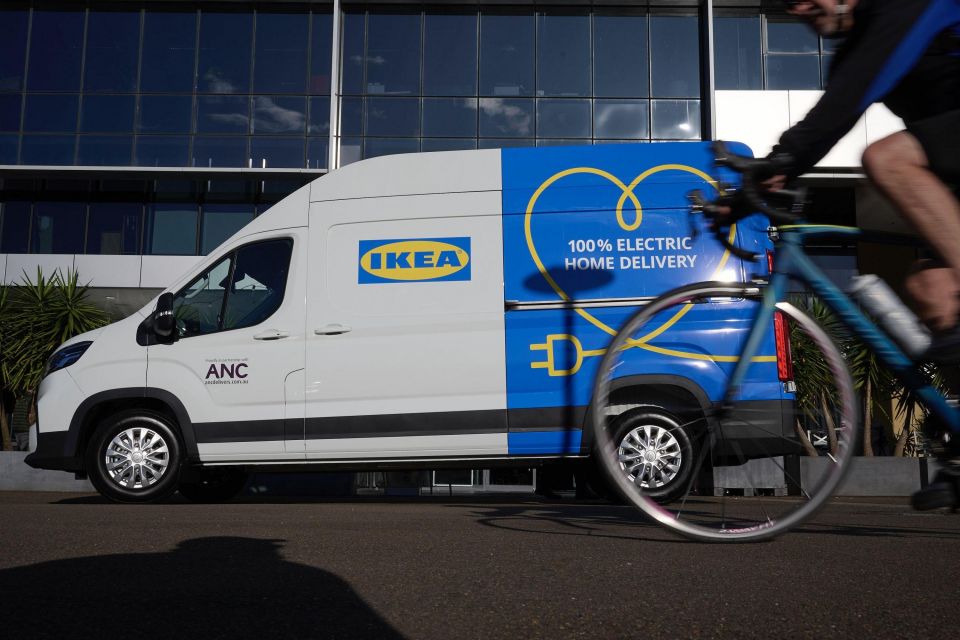
“A robust and ambitious fuel efficiency standard is a necessary prerequisite for the increased supply of fuel efficient and electric vehicles to Australia. This policy has the potential to reduce transport costs and emissions, and will play a critical role in Australia reaching its 2030 and 2050 climate targets,” Mr Whitehead contended.
“If Australia is also serious about establishing a local EV value chain – from increasing mining and processing of critical minerals, to battery, component and vehicle manufacturing and recycling, the first key step is to establish a strong, local EV market. This will not be possible without an increase in EV supply over the coming decade.
“A fuel efficiency standard – with the right level of ambition – will increase EV supply, and this is why this policy initiative is so important not only for the future of our transport system, but also for our future prosperity more broadly.
“We look forward to continuing to work with the federal, state and territory governments, industry and other stakeholders over the next 6 weeks to ensure Australia commits to a fuel efficiency standard that is globally competitive and provides sufficient incentive to global vehicle manufacturers to supply more electric vehicles to Australia.”
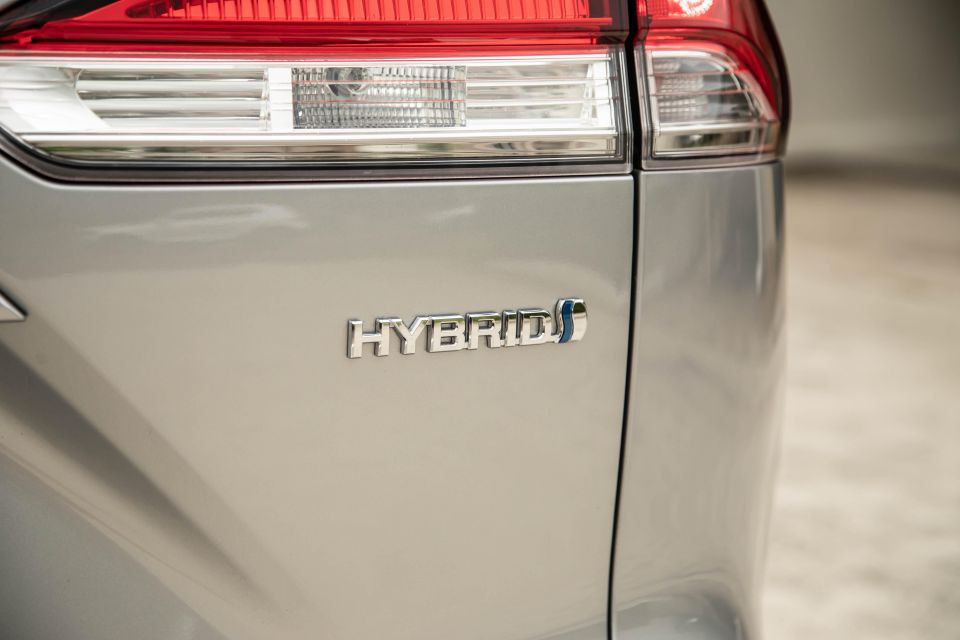
Meanwhile the Climate Council said it welcomes to announcement, calling it the key to securing more EVs.
“Australians want cleaner and cheaper vehicles. Households are currently spending almost $100 a week on fuel bills, which adds to cost-of-living pressures,” said Head of Advocacy Dr Jennifer Rayner.
“Because Australia doesn’t have fuel efficiency standards, we have become a dumping ground for expensive, polluting, petrol-guzzling vehicles. This is forcing too many Australians to keep forking out for cars that hurt household budgets, our health, and our environment.
“Strong fuel efficiency standards are the key to unlocking supply of the cleanest and cheapest-to-run cars for Australia – including electric ones. The government and industry will be driving with a flat tyre in trying to deliver the rest of the National Electric Vehicle Strategy if we don’t get these in place soon.”
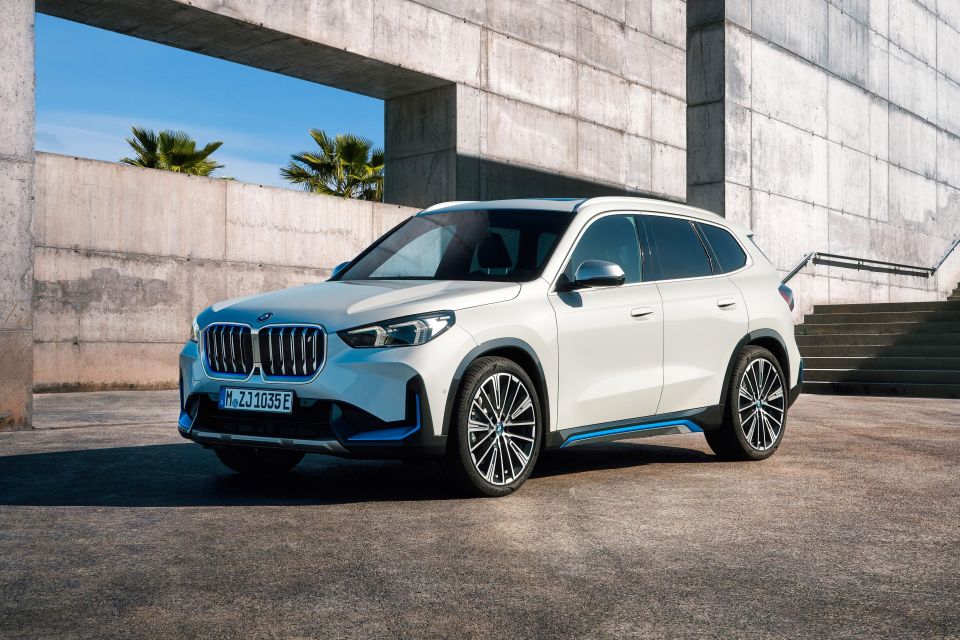
The Motor Trades Association of Australia (MTAA) also welcomed the Albanese Government’s release, calling it a roadmap “designed to ensure better choice of electric vehicles for Australian consumers, along with creating more and improved options for buyers of internal combustion engine vehicles”.
“The Federal Government has announced it will work with industry and the community to finalise details for the Fuel Efficiency Standard. MTAA and its state and territory members stand ready to consult on this issue,” said MTAA interim CEO Geoff Gwilym.
“MTAA welcomes the Fuel Efficiency Standard. Implementing this scheme should mean a greater choice of fuel efficient vehicles in the Australian fleet, some of which are currently unavailable in Australia because they are diverted to other, more accepting, markets.”


Ben Zachariah
60 Minutes Ago


James Wong
1 Hour Ago
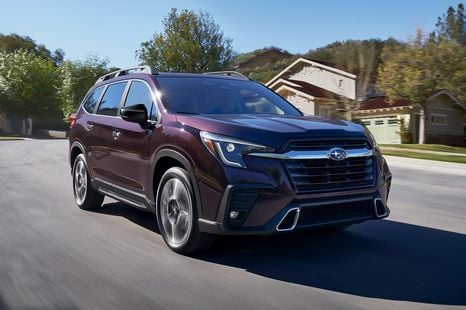

James Wong
1 Hour Ago
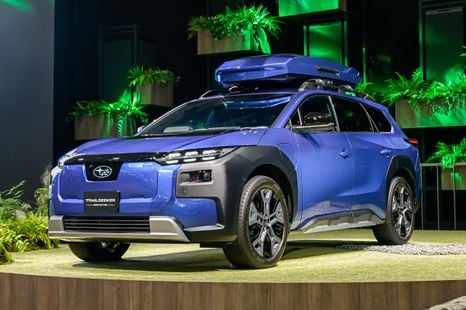

James Wong
1 Hour Ago
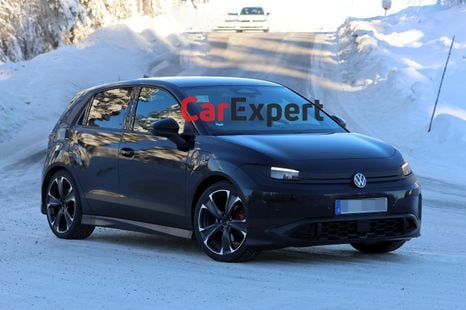

Damion Smy
8 Hours Ago
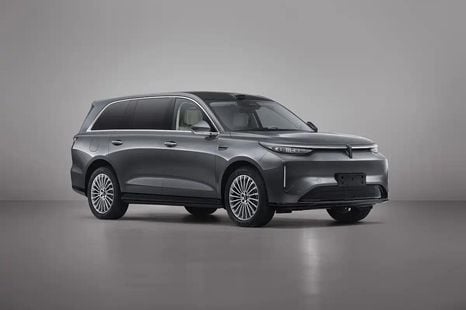

William Stopford
9 Hours Ago
Add CarExpert as a Preferred Source on Google so your search results prioritise writing by actual experts, not AI.